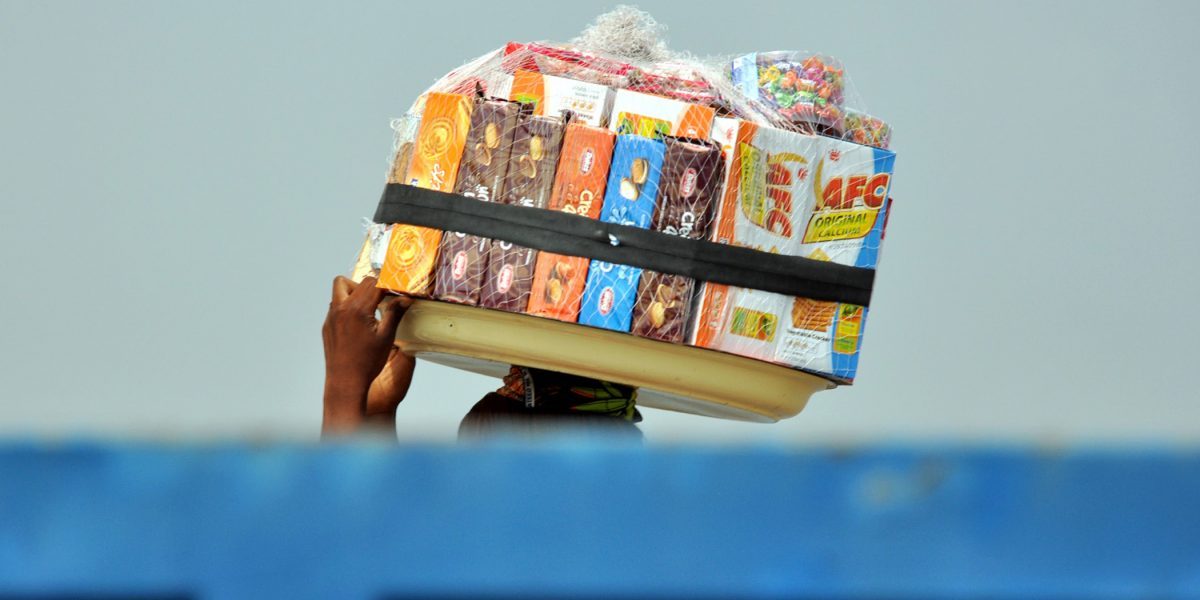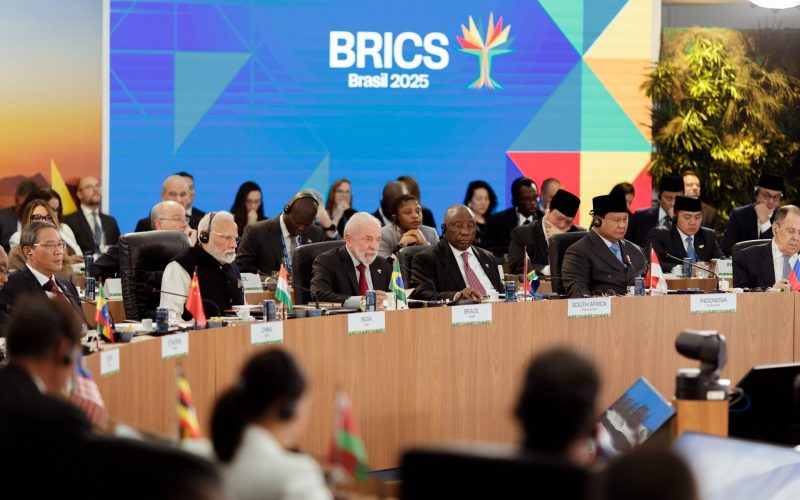Summary:
- The plight of women informal cross-border traders (WICBTs) has long been on the margins of debates on improving regional trade and integration in Africa. Up to 70% of informal cross-border traders on the continent are women, who are often the breadwinners in their families
- WICBTs face numerous economic and personal challenges in their everyday activities. While a lot of research has looked at the general challenges facing WICBTs in efforts to formalise their trading, less attention has been paid to the way in which soft and hard infrastructure can contribute towards or hinder the everyday trading realities of WICBTs.
- This paper assesses the positive, negative or neutral impact that African governments’ pursuit of improved trade facilitation (specifically one-stop border posts [OSBPs] and simplified trade regimes [STRs]) has on WICBTs.
- At the Busia border crossing (between Uganda and Kenya) it is clear how even small changes to border infrastructure – such as night lighting and overnight lodging facilities – can improve the everyday trading experiences of WICBTs and ensure their personal safety.
- Women traders interviewed in Busia confirmed that the implementation of the STR and the OSBP had improved bilateral relations between traders and government officials and reduced incidents of corruption and requests for bribes.








